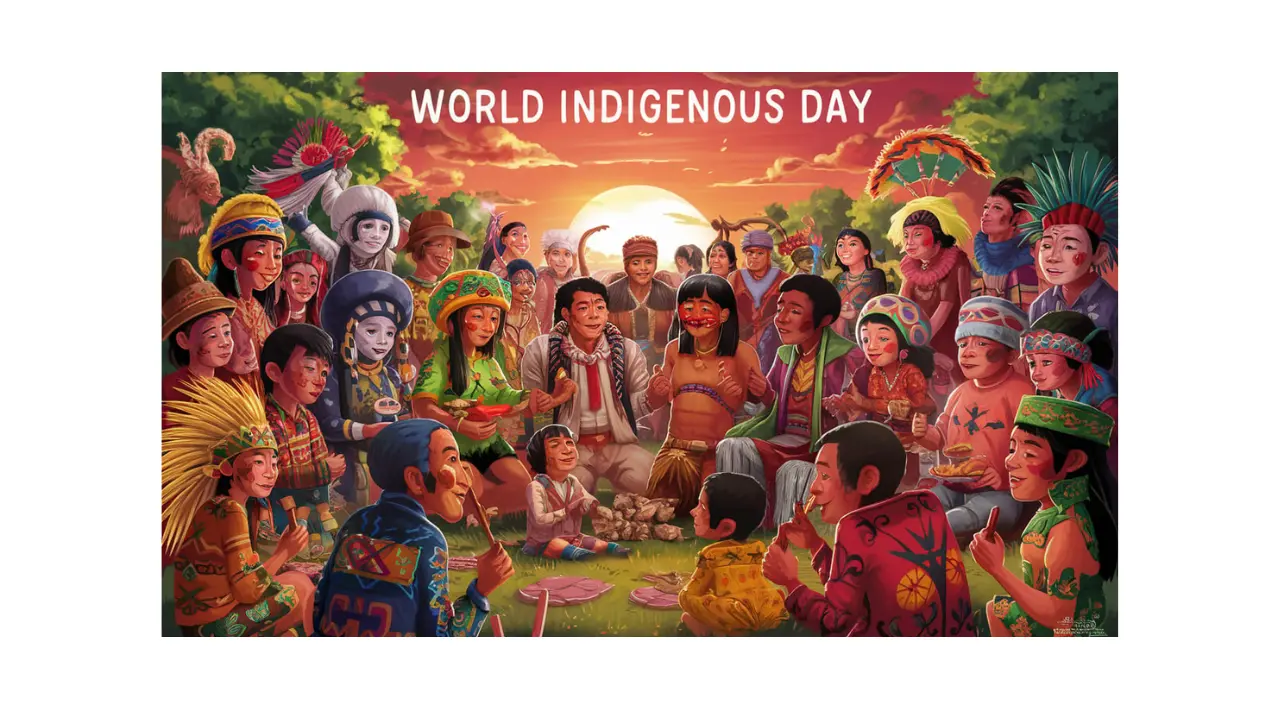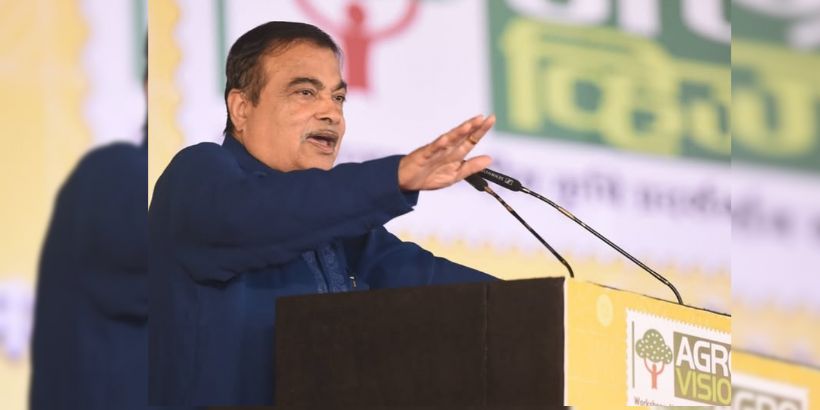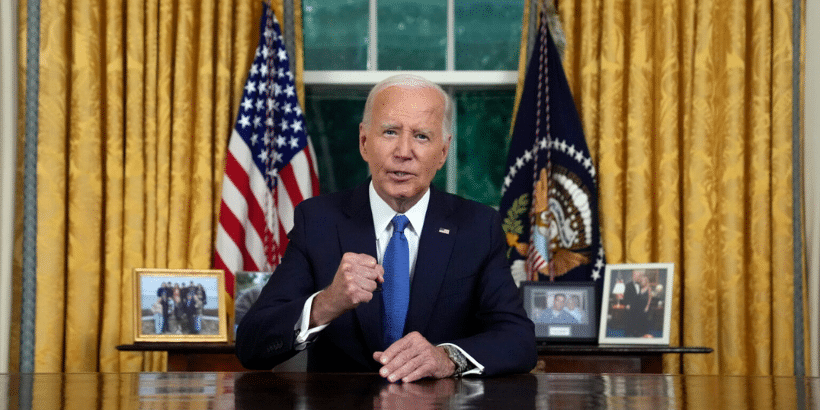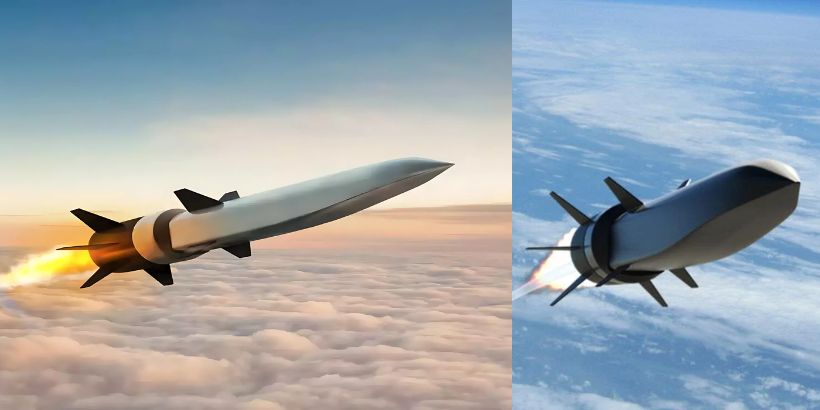Every year on the 9th of August, the country celebrates World Indigenous Day (Vishwa Moolnivasi Divas) by holding small and large programs at various locations, to which the tribal society and others enthusiastically contribute. Most of such events are organized by the church or its inspired institutions or individuals who have their own vested (conversion) motive. Because of the lack of complete information on this topic, it is extremely important to understand this topic seriously.
Native People and India
It is necessary to understand whether the United Nations (UNO) concept is applicable in the context of India.
● According to the United Nations, there are 43 crore indigenous people in about 40 countries of the world. Of these, 25 percent are in India. This subject was previously covered by the International Labour Organization (ILO). The ILO Convention No. 169 was adopted in 1989.
The Permanent Forum of Indigenous Peoples was established by the United Nations on July 28, 2000, with the goal of improving the situation of the world’s indigenous peoples, their overall development, and protecting their interests.
● The study of the history of the natives shows that the European countries established their empires by establishing their settlements in America, Australia, and African countries, etc. In the process, they enslaved and displaced the people who had settled there, known as the natives. As a result, their culture, life philosophy, customs, beliefs, and religion were destroyed. forcibly occupied their natural resources, including land.
On February 13, 2008, Australian Prime Minister Kevin Rudd apologized to the indigenous people in his parliament. They had to do this because of the injustices done to the stolen generations of natives. The young children of the natives there were taken away and given to the church or to another for upbringing. All this was done to assimilate them into mainstream society and destroy their independent identity.
Western countries hold the belief that similar events would have occurred in India-Asia, a belief that lacks foundation and accuracy. At the global level, its definition has not yet been determined.
● No one came from outside, including the tribes in India; all the ethnic-tribal communities have lived here harmoniously since ancient times. The representative of the Government of India in the United Nations had also said the same thing while signing the 2007 Declaration: All the people living in India are indigenous; no one has come to us from outside.
India made a statement at the United Nations on Indigenous Peoples.
India has consistently supported indigenous peoples’ rights and worked for the declaration of their rights. The text presented to the Council was the result of 11 years of hard work. There was no definition of “native” in the text. With regard to the right of self-determination, the entire population of India was deemed to be indigenous; it was understood to apply only to those who were subject to foreign subjugation and not to the nation of indigenous persons who might have an understanding of it. India was ready to support the resolution and adopt the draft declaration, and we were going to vote in favor of it.
United Nations Charter on the Rights of Indigenous Peoples, 13 September 2007
● The Declaration of the Rights of Indigenous Peoples by the United Nations on September 13, 2007, which India also supported by saying that our country has all indigenous people; no one has come here from outside.
143 countries supported the resolution. Four countries—Canada, Australia, New Zealand, and the United States—voted against it, and 13 countries abstained.
This declaration acknowledged many indigenous people’s rights. But the most objectionable thing in this is the right to self-determination. This right can divide any country into many pieces, which no sovereign nation or national society can accept.
● After interpreting and analyzing this 46-point declaration of rights, it is known that most of these rights were given to the tribes of India by the Indian Constitution in 1952 itself, and the process of its extension is still going on.
● The 5th and 6th Schedule of the Constitution, the Ministry of Tribal Welfare in the Central and State Governments, the National-States Tribal Commission, reservation in proportion to the population of tribals in the central and state government services, special efforts for their education, health, housing, drinking water, etc., reservation in representation in Parliament and Assemblies, protective laws for the protection of agricultural land, their traditions and customs—recognition of customary laws, Prevention of Atrocities Act, Special Panchayat Act, Forest Rights Act 2006 are some examples.
No country has likely made such an effort to protect and uplift the tribes. Unlike in the West, no state power or society in India has oppressed the tribes here in any way. In many countries of the world, the entire ethnic population and its culture were destroyed. The atrocities of the imperialist powers against the ‘Red Indians’ in America or the ancient indigenous people there in Australia—the so-called civilized people.
Article 12 of the UN Charter also grants the right to protect the religious-spiritual belief system—indigenous peoples’ worship: Indigenous peoples have the right to manifest, practice, develop, and teach their spiritual and religious traditions, customs, and ceremonies; the right to maintain, protect, and have access to their religious and cultural sites in privacy. These individuals have the right to use and control their ceremonial objects and repatriate their relatives’ remains for cremation. Note that the Indian Constitution granted these rights to its Scheduled Castes and Scheduled Tribes several decades prior to the global discussion on this subject.
The Indian Constitution does not use the terms “native,” “aboriginal,” or “aboriginal”, in contrast to Australia, Canada, or the United States, which use these terms for their citizens. We use the words tribal or scheduled tribe in our country. Also, you can understand that the concept of native does not apply to us.
There’s another fact we must bear in mind
The 14 members of the UN’s Permanent Forum on Indigenous Peoples are from none other than India. No Indian has ever found a place in the forum’s history. This fact further demonstrates that this global institution does not view Indian tribes as indigenous, a crucial distinction that necessitates action to safeguard the interests of other indigenous people. Experts revealed that there was an attempt to confuse the tribes, the details of which will be revealed in Part 2 of the article.





